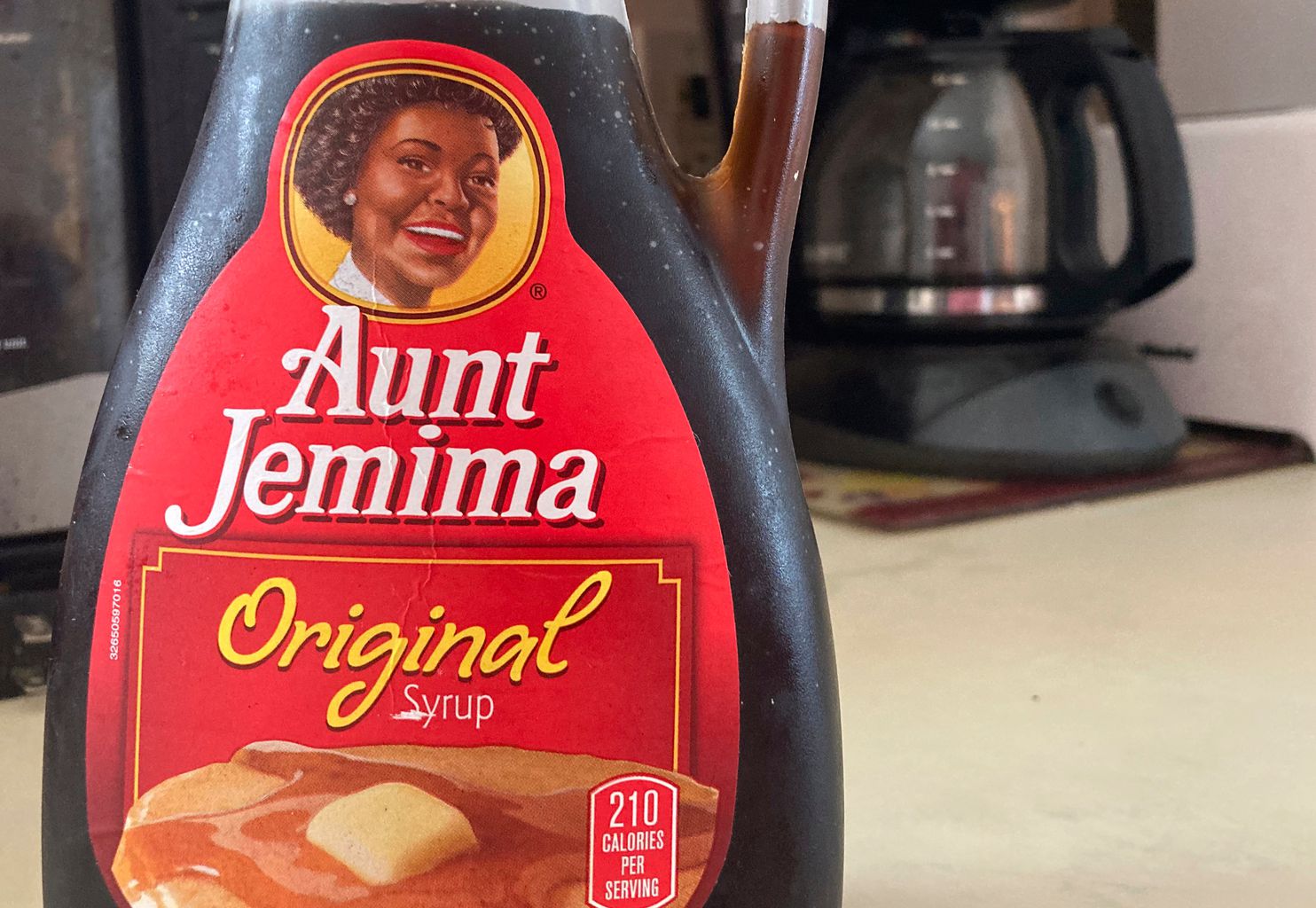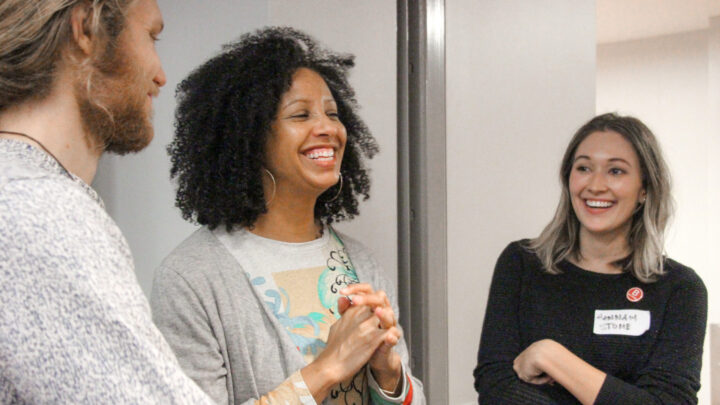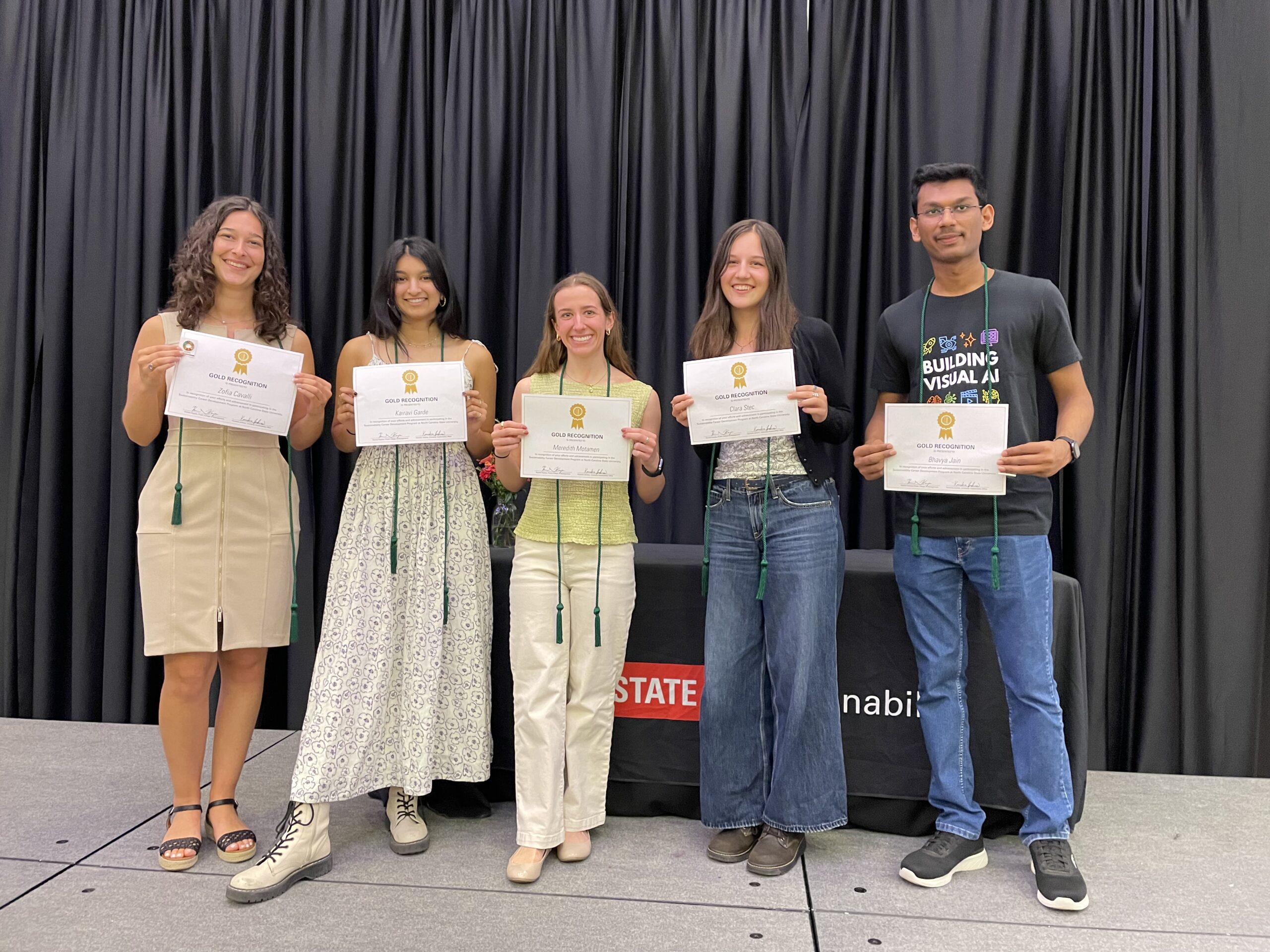New Case Study Focused on Driving Conversations around Race, Brands, and Corporate Social Responsibility

by Rachel Haynes, BSC Associate and Jenkins MBA Candidate 2021
“When Professors Stanko and Miller reached out about the case, I could immediately feel the weight of importance in what they were trying to put forth into business classrooms around the world. As an MBA student who’s no stranger to the business case study, it’s rare that you get to engage with texts that are so timely and focused on the impact that business has on race and representation. I am humbled and thankful for the opportunity to be a part of fostering important discussions in courses and classrooms for students and future business leaders.”
Mariam D. Diallo, Jenkins MBA Candidate 2021 (Marketing and Innovation Management), Poole College of Management, NC State University
With the tragic police killing of George Floyd this past summer and the many protests surrounding the Black Lives Matter movement all over the world, organizations, institutions, and corporations have increasingly seen a need to start conversations around systemic racism and social justice. From corporations investing in diverse talent to schools tearing down and renaming historically racist buildings and statues, to schools pledging to educate their students on the issue of racial injustice, the conversation around race has become much louder than in the past. In business schools, case studies are a common teaching tool to help students learn how to think through real business world problems and how to solve them. Not many cases and conversations in business schools focus on how global corporations’ brands influence corporate social responsibility. In the wake of today’s racial and political climate, Dr. Joseph C. Miller of St. Ambrose University, Dr. Michael A. Stanko of NC State Poole College, and Jenkins MBA student Mariam Diallo of NC State Poole College came together to collaborate on a case focused on the Pepsi Co. owned Aunt Jemima brand that has a history of racist branding.
“The idea to write a case started when Joe posted about the rebranding on social media. Two weeks later we had a draft of the case written and (virtually) discussed it with a group of former students, where it made for a powerful conversation. We both believe that having these – probably difficult – discussions about race, brands and corporate social responsibility within business schools is important. Future marketers need to see the power of brands to do good – and harm. It has been rewarding to see the response so far from faculty around the US and the world.”
Michael A. Stanko, Associate Professor of Innovation & Marketing, Poole College of Management, NC State University
Case Abstract: In June of 2020, pressure mounted on Quaker Oats and their parent company, PepsiCo, to make changes to their Aunt Jemima brand. The brand’s origin was rooted in the legacy of slavery; the character of Aunt Jemima was an encapsulation of the “mammy”, a proud, but subservient caricature of Black women. Despite calls to remove the brand for decades, Quaker Oats’ responses resulted in modifications to the brand over time that kept the mascot more contemporary, without changing the overall brand themes (e.g., adding a pearl necklace to Aunt Jemima, or eschewing her bandana headdress). Following the police killing of George Floyd, online activists again criticized the brand, with one prominent viral video including: “Black lives matter people…even over breakfast”. On June 16, PepsiCo announced a series of plans (totalling more than $400m over 5 years) to “address issues of inequality and create opportunity” including sourcing from Black owned businesses and funding scholarships for minority students. On June 17, Quaker Oats announced that the Aunt Jemima character would be removed from the product’s packaging and that the brand name would be changed, though plans for a revised brand name were not announced. This case focuses on the decision of what the new brand should be, and how this new brand could be a force for good.
“We invest a lot of time in business schools focusing on building skills – how to make a balance sheet, how to calculate net present value, how to conduct market research. What the challenge of the business school going forward is going to be is how to teach students to operate as agents in responsible, stakeholder-centric firms. To do that, we’re going to have to teach skills contextually, with respect to justice, fairness, and goodness.”
Joseph C. Miller, Ph.D., Professor & Chair, Marketing & Sales Departments, St. Ambrose University
The case is freely distributed by Ivey publishing. You need to set up an account on iveycases.com and the case is free for faculty and students to use. The case includes a teaching note to guide instructors on how to facilitate better conversations around sensitive and often difficult topics to talk about such as race.
- Categories:


